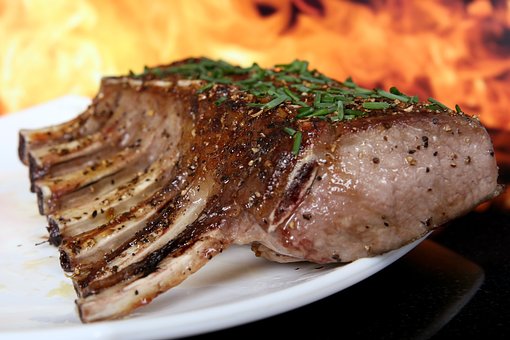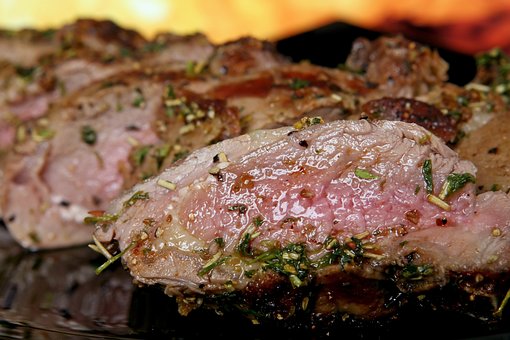Venison, or deer meat, is a lean and nutritious protein source that has been enjoyed by humans for thousands of years. It is a popular choice among those who hunt and those who are looking to add a healthy protein source to their diet. In this article, we will explore the nutritional value of venison and discuss whether or not it is healthy for you.
First, let’s take a look at the basic nutritional profile of venison. One 3.5-ounce (100-gram) serving of cooked, lean venison provides about:
143 calories
26 grams of protein
3 grams of fat
0 grams of carbohydrates
Venison is an excellent source of protein, providing all of the essential amino acids that your body needs to function properly. It is also low in fat, making it a good choice for those who are trying to manage their weight or lower their intake of saturated fats.
In terms of micronutrients, venison is a good source of several essential vitamins and minerals. For example, it is a rich source of B-vitamins, including niacin, riboflavin, and vitamin B12. These vitamins are important for energy metabolism, nerve function, and the production of red blood cells. Venison is also a good source of iron, zinc, and selenium.
Venison is also a good source of healthy fats, including omega-3 fatty acids. These fatty acids are important for heart health and have been shown to reduce inflammation in the body. Venison is also a good source of conjugated linoleic acid (CLA), which has been shown to have a number of health benefits, including weight loss and reduced risk of certain types of cancer.
Now that we have a basic understanding of the nutritional value of venison, let’s take a look at some of the potential health benefits of including venison in your diet.
One of the main benefits of venison is its high protein content. Protein is an essential nutrient that is necessary for the growth, repair, and maintenance of tissues in the body. It is also important for the production of enzymes, hormones, and other molecules that are necessary for proper body function. By including protein-rich foods like venison in your diet, you can help to support muscle mass, improve physical performance, and maintain a healthy weight.
Venison is also a good choice for those who are trying to manage their weight or lower their intake of saturated fats. As mentioned earlier, venison is low in fat and contains mostly unsaturated fats, which have been shown to be beneficial for heart health. By replacing high-fat meats with venison, you can help to reduce your risk of heart disease and other chronic health conditions.
In addition to its high protein and low fat content, venison is also a good source of several essential vitamins and minerals. As mentioned earlier, it is a rich source of B-vitamins, iron, zinc, and selenium. These nutrients are important for maintaining good health and preventing deficiencies.
Finally, venison is a good source of healthy fats, including omega-3 fatty acids and conjugated linoleic acid (CLA). These fats have been shown to have a number of health benefits, including reduced inflammation, improved heart health, and weight loss.
Overall, venison is a healthy protein source that is low in fat and rich in essential nutrients. By including it in your diet, you can help to support muscle mass, improve physical performance, and maintain a healthy weight. However, it is important to remember that all meats, including venison, should be consumed in moderation as part of a balanced diet.

 Home
Home Health
Health Diet & Nutrition
Diet & Nutrition Living Well
Living Well More
More












